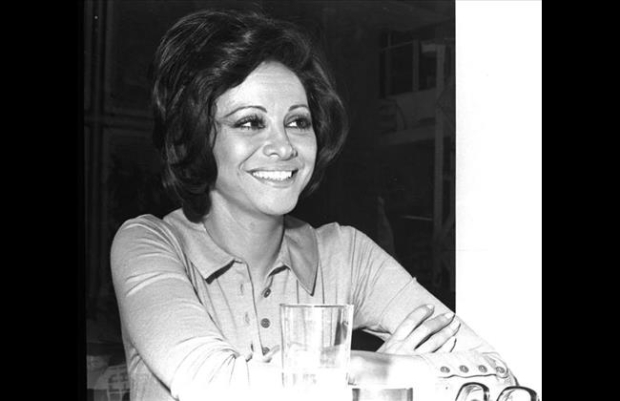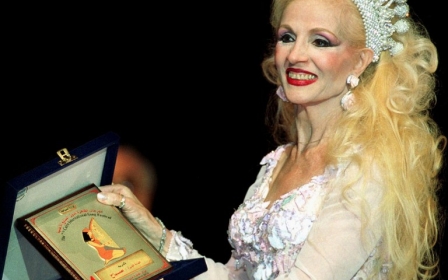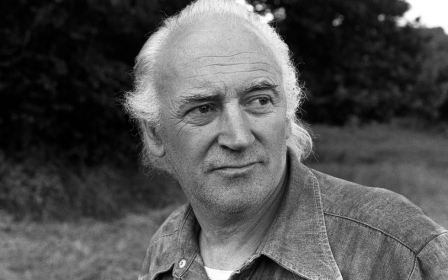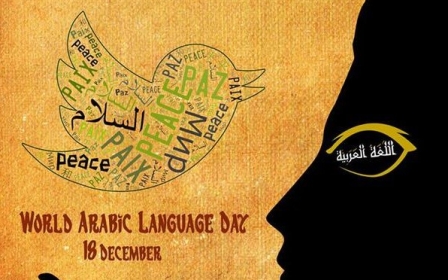'Star of the Arab screen': Egypt's Faten Hamama dies aged 83
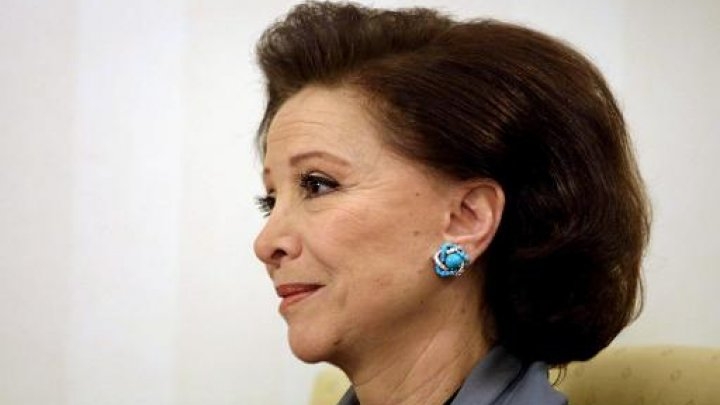
Faten Hamama, an Egyptian actor nicknamed The Lady of the Arab Screen, died on Saturday aged 83.
The former child star was buried by thousands of mourners at a mosque on the outskirts of Cairo the following day.
Hamama, born to a lower-middle class family in 1931, would make her on-screen debut aged just seven, having become captivated by cinema at an early age.
She would go on to star in almost 100 films, playing a major role in the golden era of Egyptian cinema during the 1950s.
Not confining herself to the silver screen, she also became a prominent feature of Egypt’s political life over the decades.
In 1964 she starred in The Open Door, a major film featuring strong female characters struggling with the social constraints of the time.
Shortly after making that film, the long-time resident of Cairo left Egypt to spend five years in self-imposed exile, during the era of Egypt’s pan-Arabist President Gamal Abdel Nasser.
From 1966 to 1971 Hamama divided her time between Beirut and London, complaining of the political pressure she had been under.
In an interview at the time, she spoke out against Nasser’s government, which she claimed “seized people unjustly from their homes in the middle of the night to be dragged off to prison”.
She told journalists after the move that she had been able to leave Egypt only after months of planning.
Despite her obvious reluctance Nasser attempted to persuade her to return to Egypt, calling her a “national treasure”.
Nasser died of a heart attack in 1970 – his funeral was attended by five million people.
A year later Hamama returned to Egypt, later starring in the strident and ground-breaking feature film I Want a Solution (1975).
Hamama played a woman struggling to gain her freedom after her husband refuses to grant a divorce – the film was a scathing critique of Egypt’s marriage and divorce laws, and is said to have brought about sweeping changes to the legal system.
Two years later her work tackled another pressing social problem, this time addressing the housing crisis in the eccentrically-named Mouths and Rabbits (1975).
When Hosni Mubarak came to power in 1981 she expressed her backing for the “lovely” president – however, by the time the Arab Spring spread to Egypt in 2011 she was fully supportive of the popular uprising that would topple the long-time autocrat.
In post-revolution Egypt, the period of rule by the Muslim Brotherhood after the country’s first democratic elections in 2012 was “difficult” for Hamama – she later said “thank God it is over”.
In her last year of life her role in Egyptian politics was no less diminished. During Abdel Fattah al-Sisi’s election campaign in May last year he received a standing ovation when he left the stage to greet her during a rally.
When she was admitted to hospital in late 2014 Sisi, who was eventually elected President after winning over 93 percent of the vote, sent a member of the special Presidential guards to visit her.
Hamama’s death was greeted with an outpouring of love and grief. Mourners queued to kiss her coffin, which was draped in an Egyptian flag, ahead of the burial on Sunday.
Hamama, described by Egyptian diplomat Amr Moussa as a "star of stars," will be remembered as much for her "graceful power" and outspoken views on Egyptian politics as for her tireless work in Egyptian cinema.
New MEE newsletter: Jerusalem Dispatch
Sign up to get the latest insights and analysis on Israel-Palestine, alongside Turkey Unpacked and other MEE newsletters
Middle East Eye delivers independent and unrivalled coverage and analysis of the Middle East, North Africa and beyond. To learn more about republishing this content and the associated fees, please fill out this form. More about MEE can be found here.


